On 2 March at Ascot Racecourse, Historics will kick off its 2019 with an auction comprising some 150 collectable cars, ranging from significant pre-War Grand Tourers and 1960s roadsters to affordable ‘youngtimers’ and contemporary sports cars. Before you delve into the catalogue on Classic Driver and start daydreaming, why not hear directly from auction director Edward Bridger-Stille about what Historics is doing differently and why it might be the perfect place to either buy or sell your car?
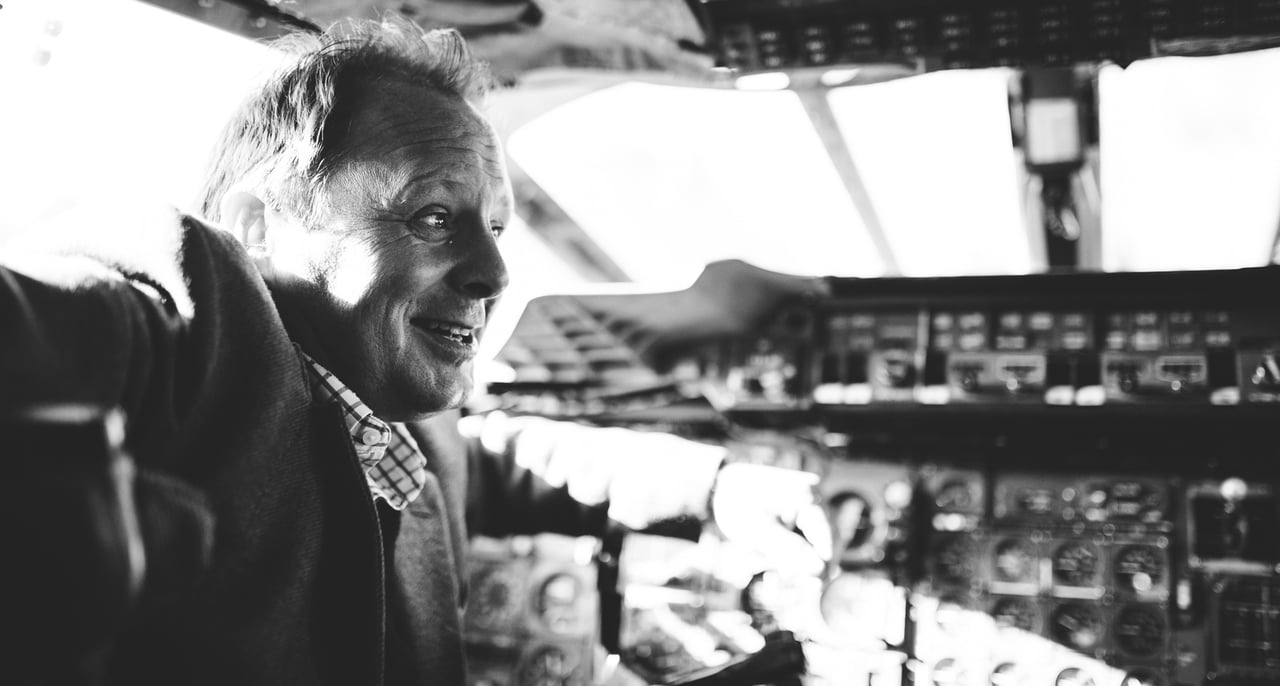
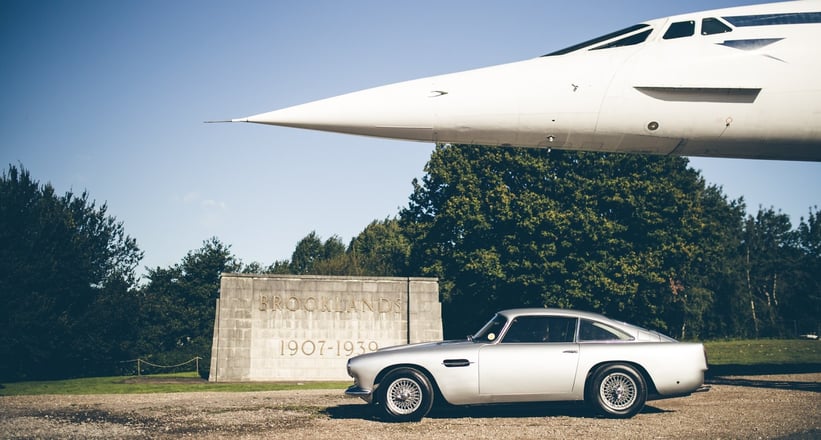
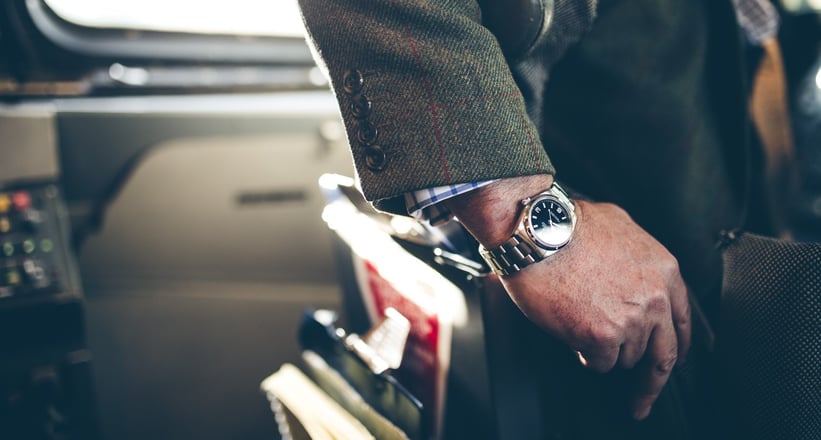
Could you tell us about Historics and, more specifically, how it differs to other British auction houses?
Mark Perkins and I opened the doors to our first auction on 2 June 2010 and those early days were significant in establishing just what Historics is today. Our ambitions from the start – to be inclusive of the entire classic car market, to be fair and honest in all our dealings, and to put our customers first – have remained at the heart of what we do and repay us handsomely with a loyal and ever-increasing following.
As far as our base, we were delighted and proud to receive Brookland Museum Trust’s blessing back in 2009 and to this day, it remains the base for the majority of our auctions. And frankly, it’s unrivalled in the way it represents the true spirit of classic motoring.
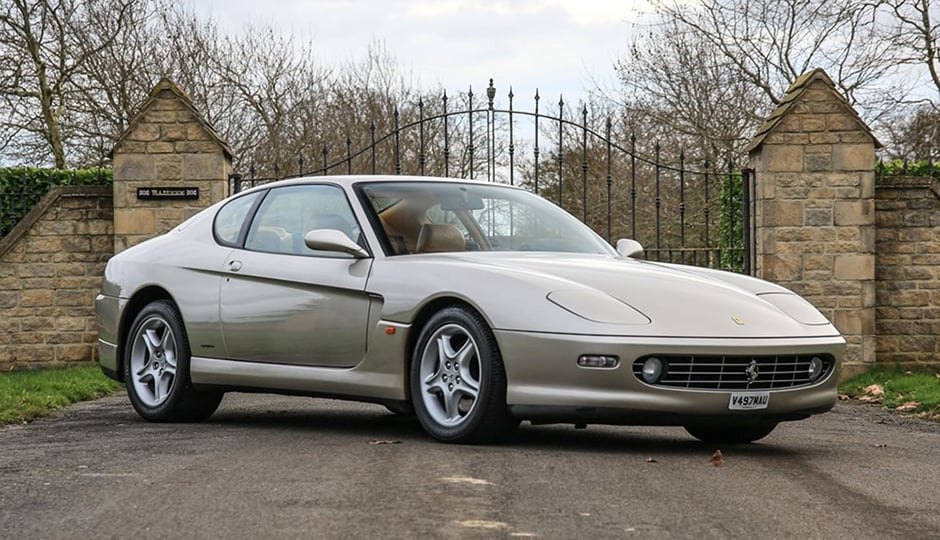
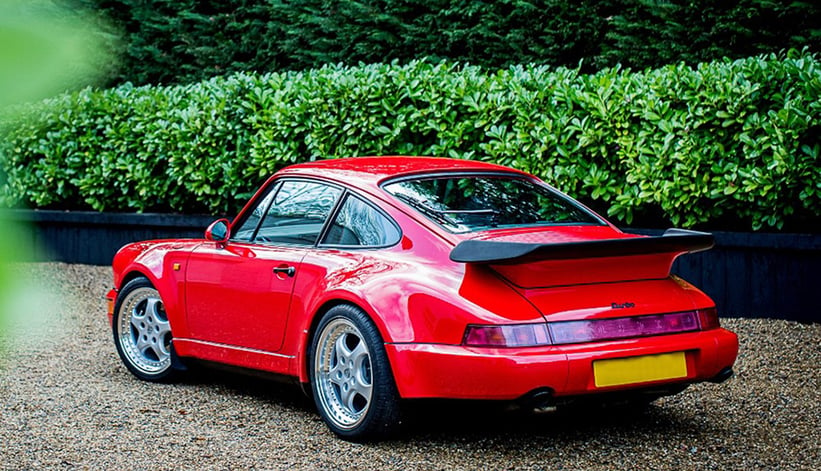
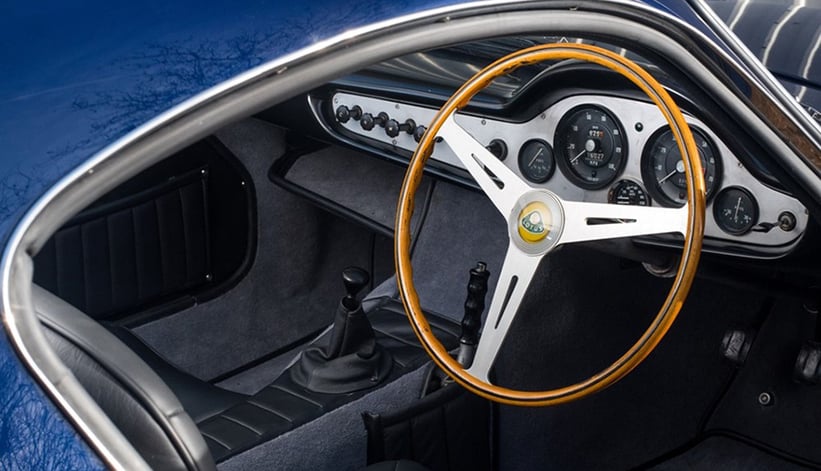
Over the last decade, the number of UK-based auction houses has grown significantly and with them, the volume of classic cars coming to auction. While that means classic cars are in the public eye more than ever, the quality is more variable. That in itself is not a problem, but it’s undoubtedly the case that some cars for sale can be misrepresented. We remain rigid in our commitment to presenting and describing cars with complete honesty and transparency.
On a business front, we’re the first auction house to be FSA accredited, which reflects on our policy of providing complementary services to our clients. This includes transportation, storage, and insurance. And on a more light-hearted note, we’re also known for the occasional ‘left-field’ consignment, such as a Rolls-Royce Phantom VI hearse, a classic fire engine complete with suits and hoses, a Batman Batboat, and even a Supermarine Spitfire restoration project that was found in a back garden. It all adds to the fun!
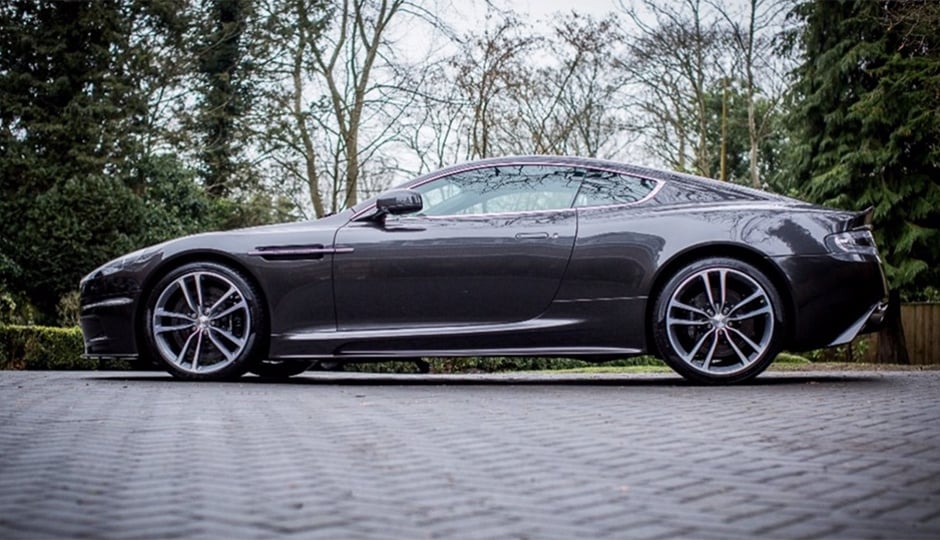
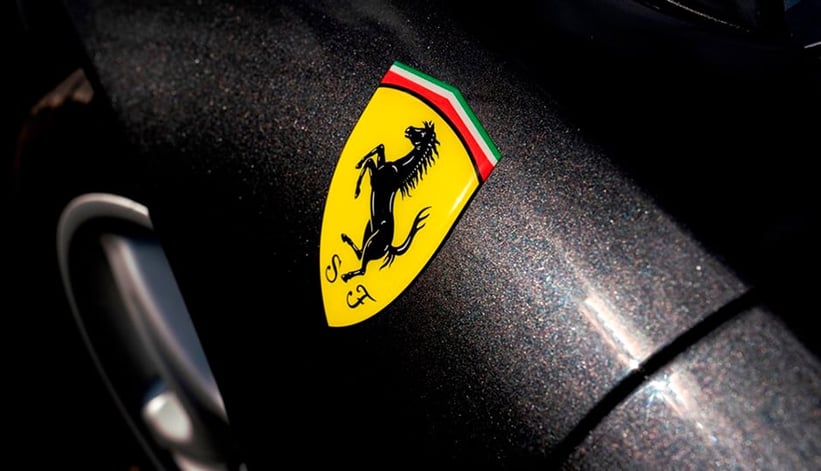
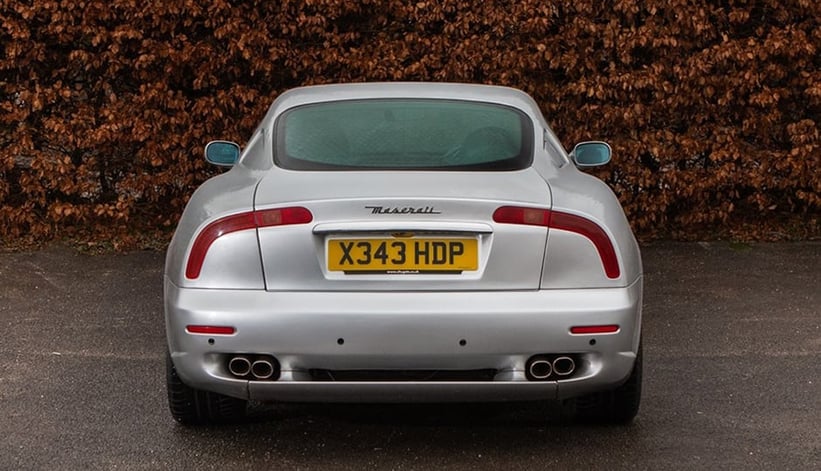
How is Historics embracing new technology to streamline the process and attract new customers?
I think the root here is not actually about new technology per se, but more about determining the most effective way of using it to reach people in an ever-cluttered landscape, in which digital technology is a big part. For this reason, we made user-friendliness the priority when creating our website and, of course, it’s the premier channel for communicating to our audience. We were the very first to use online bidding and have watched as the volume of viewers and bidders has increased, both numerically and geographically. It calls for sensitivity in how we integrate the online audience because it’s such a long march from the well-rooted auction hall experience. But for our commercial interest, and that of promoting the classic car movement, it’s essential we embrace all forms of social media.
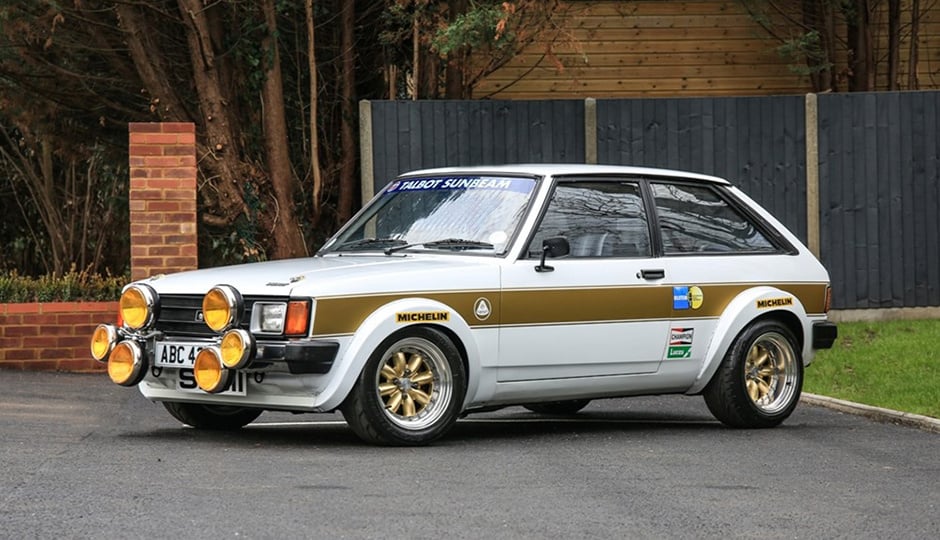
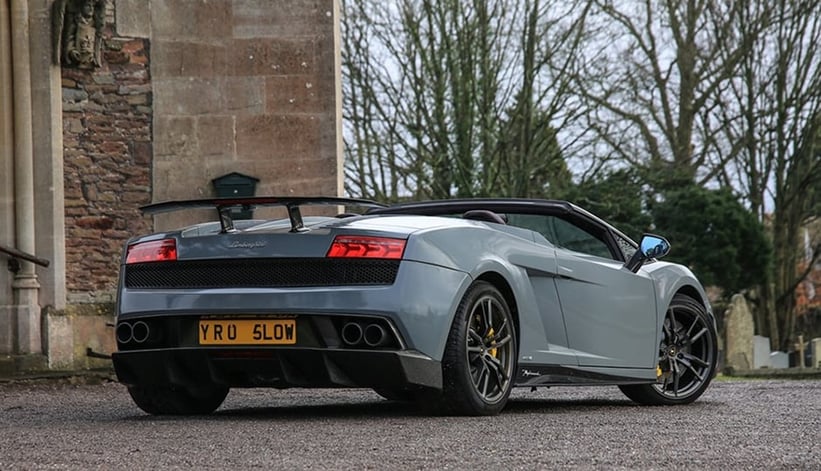
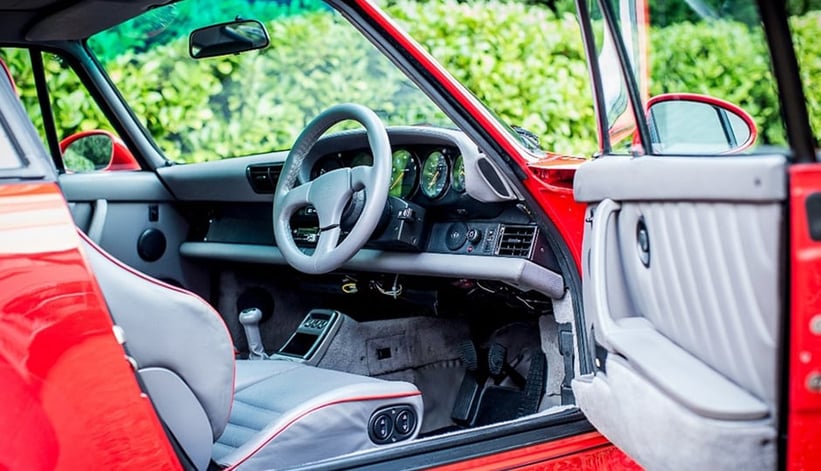
How do your catalogues reflect the changing trends in the collector car market?
We’ve actually been consistent in the wide breadth of consignment since our very first auction, with a rigid policy to appeal to a wide spectrum of sellers and buyers. The first car that ever crossed the block at an Historics auction in 2010 was a 1957 Lambretta 150 restoration project, which sold with no reserve at the princely sum of £202. Two hours later, the hammer dropped on a 1931 Bentley Open Tourer at £670,500.
Within this, the mix of marques changes sale by sale. This is partially related to the popularity and demand for specific marques and models at any one time, but seasonal influencers are relevant and, of course, the economic climate. Overall, the market trend is all about demand for quality and authenticity and that’s pretty much true across everything. It’s the top-quality examples that command strong interest and good sale prices.
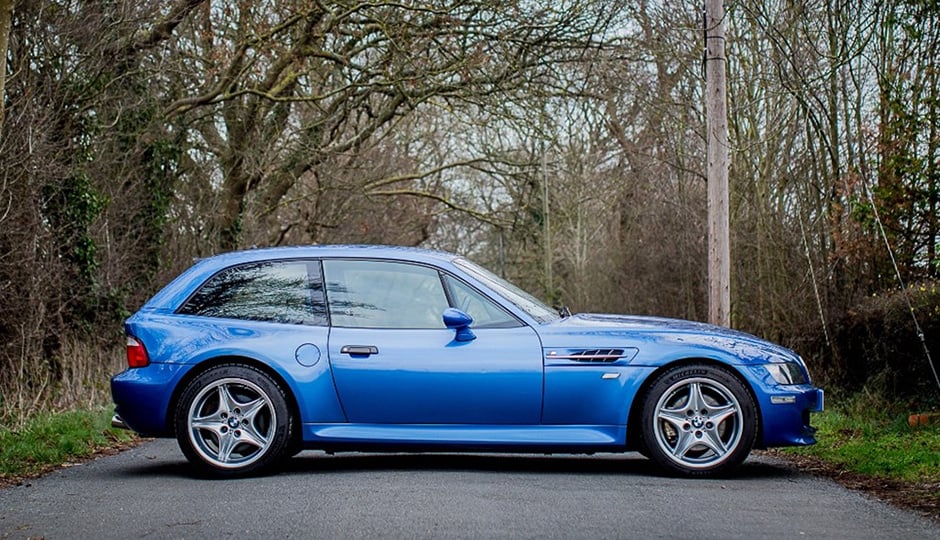


What can a customer expect from Historics?
From a business perspective, we offer honesty, professionalism, transparency, value, and guaranteed 14-day payment to sellers. It should also be noted that we now offer the lowest seller’s commission of any auction house at just 10 percent. On a more social basis, those attending our auctions can expect friendliness, free advice and guidance, and a thoroughly enjoyable day. We think it’s important to remember that people don’t need a classic car, but rather buy one for the pleasure of ownership. And so the auction process should be just as enjoyable.
Which are your favourite cars from the forthcoming Ascot sale on Saturday?
I’m a sucker for Bentley motorcars I’m afraid, so the 1951 James Young SI ticks a lot of boxes for me. On a sportier note, the Jaguar XK120 Fixed Head Coupé has the most wonderful lines and a superb engine. To keep me out of trouble during the winter months, however, I’d love to have a bash at restoring the project Facel Vega II, but I fear my pockets are not deep enough to compete against the competition this car will attract come Saturday!
Photos: Tom Shaxson for Classic Driver / Historics Auctioneers






































